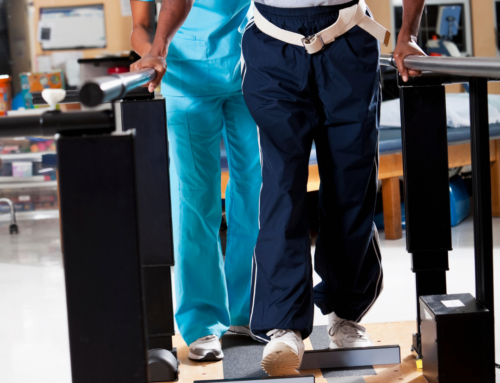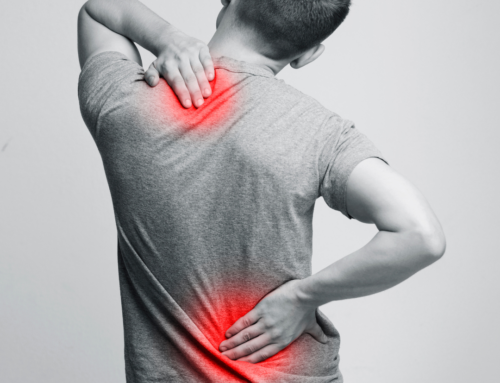 Headaches have become a common illness that few people think about. Although 70 percent of the population suffer from headaches, most people just take pain relievers to get rid of them. For others though, chronic headaches can interfere with everyday live and may be extremely painful. While in the past it was thought that the tightening of muscles in your face, scalp or neck have caused headaches it is now believed that these are all causes of a headache. So what exactly causes headaches and how can you overcome them?
Headaches have become a common illness that few people think about. Although 70 percent of the population suffer from headaches, most people just take pain relievers to get rid of them. For others though, chronic headaches can interfere with everyday live and may be extremely painful. While in the past it was thought that the tightening of muscles in your face, scalp or neck have caused headaches it is now believed that these are all causes of a headache. So what exactly causes headaches and how can you overcome them?
When treating headaches it is important to first identify what kind of headache you are suffering from. Tension headaches and migraines are the most common type of headaches. Tension headaches can range from a simple feeling of pressure to pain severe enough to cause knots in your neck and scalp muscles. Migraines are more severe with symptoms such as a throbbing or pulsating pain, sensitivity to light and sound and possible nausea or vomiting. Visit a doctor and describing your symptoms to help pinpoint the type of headaches you are suffering from. Your doctor may also recommend tests such as a CAT scan or an MRI to find the cause of the headaches.
The best way to treat tension headaches or migraines is to find the cause of them. Keeping a headache calendar can help you and your doctor to understand possible triggers of your headaches. Every time you get a headache write down the characteristics of it such as pain level, severity, location and duration. By also writing down what you did leading up to the headache and types of food you ate you may notice a trend and be able to find your trigger. A trigger can be anything in your lifestyle or environment that causes headaches by activating an already existing imbalance of chemicals in your brain. Popular triggers include stress; alcohol; certain cheeses and wines; chocolate; caffeine; a change in the weather, altitude, sleep patterns, meal times or time zones; or polluted air.
To relieve the pain from a occasional tension headache there are many things you can do. Exercise, rest, heat or ice packs and a long hot shower may be all you need to feel better. If these simple remedies don’t work you may need to take the minimal dose of a pain reliever. A doctor may prescribe you other drugs if over-the-counter pain relievers do not work for you. Staying out of stressful situations and exercising regularly can help to manage tension headaches caused by stress. Good posture can also allow the muscles in your back and beck to relax and may help keep headaches away. A physical therapist who specializes in headache therapy may be able to offer you more ways to alleviate headache pain that is tailored to your specific needs.
There’s no one way to get rid of headache pain, you need to find out what works best for you. Try to find which type of headache you are suffering from and test out different methods to deal with them. Finding your trigger may help you change your lifestyle and stop you from forming these types of headaches. Talk with your doctor for help with different method and ways they recommend dealing with chronic headaches.







Leave A Comment